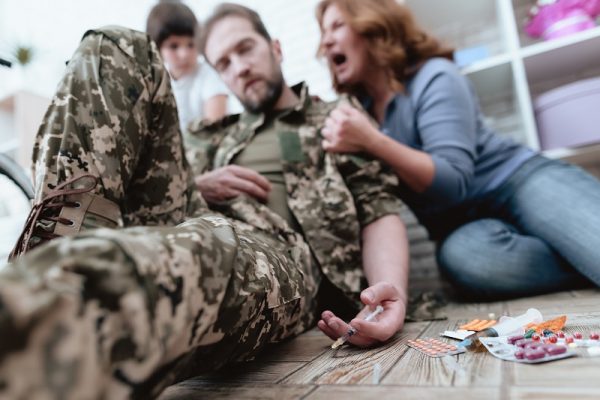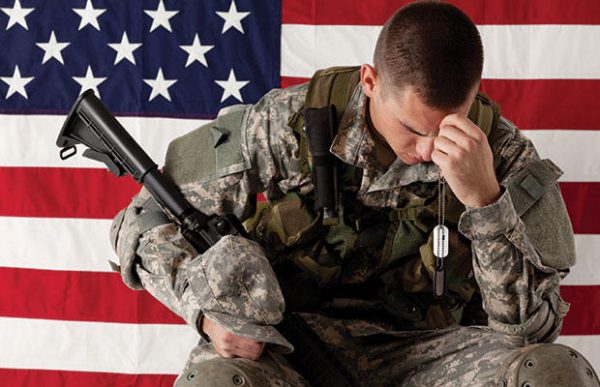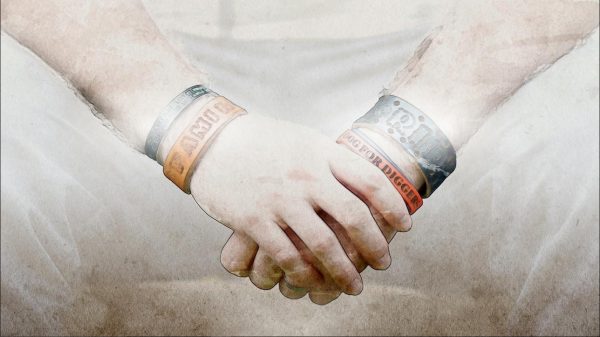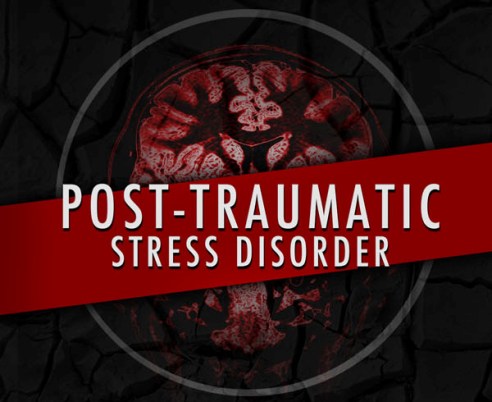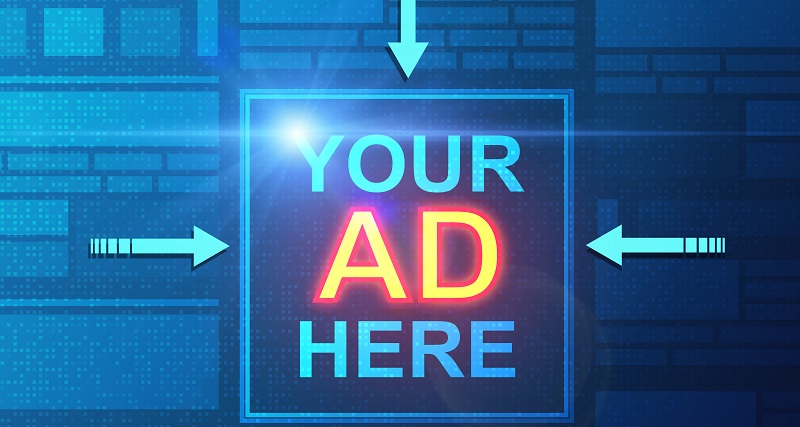PTSD
‘No-one cares, mate’: Being a war veteran at 27 – ABC News (Australian Broadcasting Corporation)
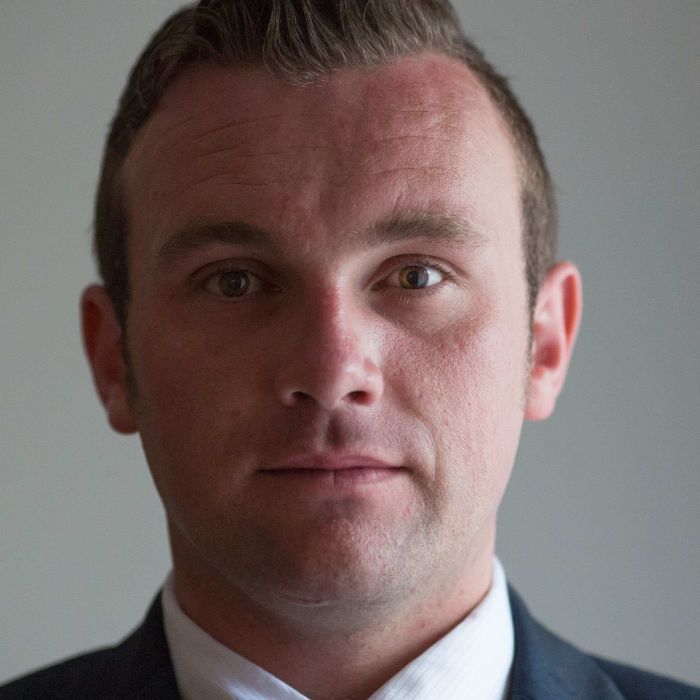 Updated April 25, 2017 12:59:53
Updated April 25, 2017 12:59:53
Seared into the mind
It’s just before nine o’clock on a rainy weekday morning and Chris May stands playing his ukulele to his 18-month-old Rottweiler-coonhound cross, Hugo. It’s high on his list of ways to stay sane. Number one, exercise. Number two, dog. Number three, music. It’s a way to zone out, gives the mind something to think about and the hands something to do. It was 10 years ago, three months shy of May’s 17th birthday, that his parents signed the paperwork for him to join the Army, allowing him to leave school early to follow in his older brother’s footsteps.
He was 19 when his Townsville-based battalion deployed to Afghanistan as part of the mentoring and reconstruction taskforce. An eye opener, he describes it as. A fast way to mature. Spend any amount of time with May and you get the sense almost everything is a kind of euphemism. Nothing can really convey what he has lived through. But he tries.
Talking is easier since the therapy. A nine-month tour stretched into 10 when the Afghan winter snowed his battalion in, shutting down the air strip in Tarin Kowt in the country’s south. The things that happened during those 10 months May remembers in vivid detail. More clearly than his own childhood in Australia.
Once a boy came up to his unit’s position. The soldiers sat down and did colouring books with him and some other kids. It was something they did as part of the “hearts and minds” mission. The next day May saw the child again, this time lifeless in his father’s arms. He’d been killed in the night by the Taliban.
“That was a weird experience. Knowing one moment you could be sitting there colouring in together, the next morning the kid’s dead.”
Things like this sear into the mind, like some perpetually irreconcilable cognitive dissonance.
Back home on leave, May struggled to slot back in to a society where the biggest issue of the day seemed to be traffic on the freeway holding up the morning commute, or who won the footy on the weekend.
“I was watching the news one day and it was some trivial stuff about the price of fuel. I said to my dad, ‘I don’t get it, why is everyone so up in arms about the price of fuel when on the other side of the world there are people literally dying and no one gives a hoot?’ Dad turned around and goes, ‘Because this is their world’, and it just blew my mind. When he said that I realised that it was true, that deploying to warlike operations or coming back from war, no-one really gave a crap.”
And so at 20 years old, May returned to Townsville where his unit was training to go back.
Game over
May was promoted to second-in-charge of a 10-man section, stationed on a patrol base 40 kilometres north of Tarin Kowt. The middle of nowhere.
This time, instead of being the driver of the rear vehicle, he was the commander of the very first — the most likely to be hit by improvised explosive devices (IEDs).
“We had an unofficial kitty going amongst the engineers as to who would be the last crew to not get hit.”
Five months in, on September 23, 2011, May lost the wager when his armoured vehicle struck a roadside bomb in a remote valley. The force of the blast threw him from the vehicle, then sucked him back in.
Cigarettes. That’s the smell May remembers. He came to as a Navy clearance diver was putting a C Spine collar around his neck, the scent of nicotine strong on his fingers.
“I woke up and asked, ‘What happened?’ and he said, ‘You’re all right mate, you’ve just been hit by an IED’. That’s when I started pretty much tearing up and crying. I started screaming that I couldn’t move my toes and then I blacked back out again.”
May was paralysed from the waist down — an effect that subsided later the same day. But he had also sustained a traumatic brain injury (TBI). The helmet had saved his life.
A week after the blast, there was no improvement in cognitive function. The brain injury had induced a stutter, and the soldier was struggling to get words out.
Another three weeks hospitalised in Kandahar saw only minimal improvement. May was sent back to Australia. Game over.
After six months of speech therapy in Canberra May was declared fully fit for duties — but it was ceremonial work, on home soil. Not exactly what May signed up to do.
These days, more than five years on, the TBI has eased to a constant headache. If he hasn’t drunk enough water, it’ll be a tension headache. If he’s stressed, it’ll throb. But, in some form or another, it’s always there. Especially since May jettisoned the medication — if the pain is never going away, he reasoned, might as well make it the norm. Get used to it.
Hearts broken
Emotions have been more difficult to tame. Depression, anxiety, anger. Post-traumatic stress disorder is a complicated web of symptoms, currently affecting an estimated 4,150 serving members of the Australian Defence Force. That’s 8.3 per cent, compared to an incidence of 5.2 per cent in the general population.
Estimates for veterans vary by deployment, but are generally between 10 and 20 per cent, according to The University of Melbourne-based Phoenix Australia. May is still doing anger management therapy.
“The worst I’ve ever gotten was in an argument with my ex-partner. We got into screaming matches often and we would just go at each other. It got to the stage where you were no longer arguing normally. I was screaming that loudly that I was actually tearing up my throat, and the next day and the day after I would know about it. There was a point in us arguing that I saw fear in her eyes. It was terrifying to me.”
The relationship didn’t survive. More carnage, chalk it up.
“There is no excuse for the way I behaved but I know it’s a product of my military experiences.”
Once, struggling in Canberra with depression, May got into an argument at a pub. Walked out and put his hand through a glass table out of pure anger. Shards are still embedded in his knuckles. There was conflict with his brothers too, and with his own mother in the driveway of the family home. Her in tears, his brother standing between them because he thought her youngest child might actually hurt her. It’s enough to break a parent’s heart.
“My mum has said to me, you know, ‘I gave my two youngest boys to the Army and they still haven’t come back’. That hits home pretty hard.
“The anger part of it is absolutely disgusting. I think back to how I behaved when I was angry and I do to some extent resent my own actions and my behaviour.”
It was an older brother, also a veteran of Afghanistan and Iraq, who eventually got through.
“He pretty much pinned me up against the wall and said, ‘No-one cares. No-one cares back here’. And it’s true.
“There’s two days a year that people actually give a crap about the military and that’s Anzac Day and Remembrance Day. The rest of the time we’re on our own and we’ve got to stick together.
“It takes some tough love sometimes to help people get the help. But there is help there and it’s realising you need it and getting it, they’re the two biggest problems.”
Limited support
May almost jumped off a balcony before he sought help. According to the Australian Veterans Suicide Register, eight veterans have taken their own lives already this year, with likely more unconfirmed. Half are understood to have been under 35. May says the solution has something to do with acknowledging your military experience but not letting it define or control you.
“As a community we should support our veterans more — for the entire year, not just two days. If we do that, we’ll see a big change in a lot of veterans’ issues.”
He says Australia, where 29,368 men and women under 35 have returned from serving overseas since 1999, has something to learn from the United States when it comes to honouring veterans.
“They will say when you catch a flight, ‘We’ve got a passenger who is a veteran’, and everyone on the plane will clap. If you walk into any establishment in America they say, ‘Let us know if you’re a veteran’, and they’ll give you a free meal, or they’ll give you a discounted meal.
“You come here to Australia and we’re still arguing about what a veteran is. We haven’t figured it out in legislation what the word means, you know. Our veterans hate DVA (the Department of Veterans’ Affairs) because they’re waiting for their compensation or claims to be heard from 50 years of backlogged paperwork.
“The issue here is we’ve got 18 and 19-year-old men and women coming back from Afghanistan and Iraq and we can’t provide them with good services because there’s 3,500 ex-service organisations in Australia, all pulling in different directions.”
Beneath the anger
It wasn’t until he began methodically excavating his military experiences with the help of a therapist that May came to understand his anger as a by-product of other emotions. His therapist likened it to the skin on a custard. A bunch of ingredients go in to make it, but you don’t have to have the skin. You can peel that skin off and throw it away.
“You’ve got to try to identify what the issues are below the anger. Like, are you scared of something? What’s the next thing below the anger that’s making you feel that anger? Anger is a resultant.”
After his injury, May went from being a combat soldier to ceremonial duties and feared if he told the military he’d attempted suicide, he’d be even further downgraded. In 2015, after seeking treatment on and off for a couple of years, May underwent three months of intensive trauma-based therapy. It was transformative.
“My psychologist said, ‘We’re going to pretty much talk about all of your experiences, I’m going to get you to record it, I want you to listen to it back and we’re going to discover what it is in your story that makes you anxious’. And we did, and then we opened up each of those cans of worms as we hit it, and we addressed it, sorted it, solved it.
“At the end of it, I could speak my story and never have a reaction about it.”
There are still triggers. It might be a player on the opposing team yelling in his ear during a game of football. Suddenly the anger starts to bubble. But now he’s able to recognise it, ask the guy to stop, and tell him why. It can end in a handshake instead of a fight.
Escaping the rules
Anzac Day hasn’t always been a positive occasion for May.
It was April 25 two years ago when he and his brother were bailed up by the daughter of a Vietnam veteran, who mocked their service in Iraq and Afghanistan and said they couldn’t possibly understand what her father went through in a real war. To the brothers, it spoke to a broader disconnect between veterans of previous conflicts and contemporary returned servicemen and women.
It’s why the siblings founded Young Veterans, an idea sprouted over a quiet beer in the backyard.
“These are veterans who have young families and can’t come out on a Tuesday at 12 o’clock for a lunch session because they’ve got a full-time job. So we started doing things on Thursday evenings after work, we started getting together, catching up and it grew from there. We’ve now got people all across Australia doing the same thing, meeting up after working hours, catching up on a Thursday night.
“If they want to drink, more than happy to. If they don’t want to drink, fantastic. Whatever your method of dealing with life is, that’s the right solution for you. None of this forced-down-your-throat you don’t drink, you don’t do this, you know. No rules.
“We lived a life full of rules in the military, so now it’s whatever’s good for you. Because the first step is your own healing.”
‘You’ve saved my life’
A few years back, May would have told you going to war was not a decision he’d repeat.
“I would have said never — I would have gone back and I would have found myself when I was 17 and slapped the crap out of him and told him to finish year 12 and chase the dream of being a pilot.”
But Young Veterans has helped cast a different light on the journey to hell and back that left May with a body that feels like an old man’s at the age of 27, and a mind that’s still healing.
“My brother and I have had people tell us, you know, ‘I was on the way to kill myself’.
“No amount of deploying around the world or operations to try to help other countries can tell you what it feels like to have another Australian veteran say ‘You’ve saved my life’ or ‘You’ve helped me beyond any recognition. I was down in the dumps and I’ve never felt this way, I’ve never felt part of a group before’. I would do it all again in a heartbeat.
“As much as it sucked, I would go through it all again.”
For assistance please call Veterans and Veterans Families Counselling Service on 1800 011 046.
First posted April 25, 2017 07:50:06
http://www.abc.net.au/news/2017-04-25/being-a-war-veteran-at-27/8467046
On – 25 Apr, 2017 By Jane Cowan



